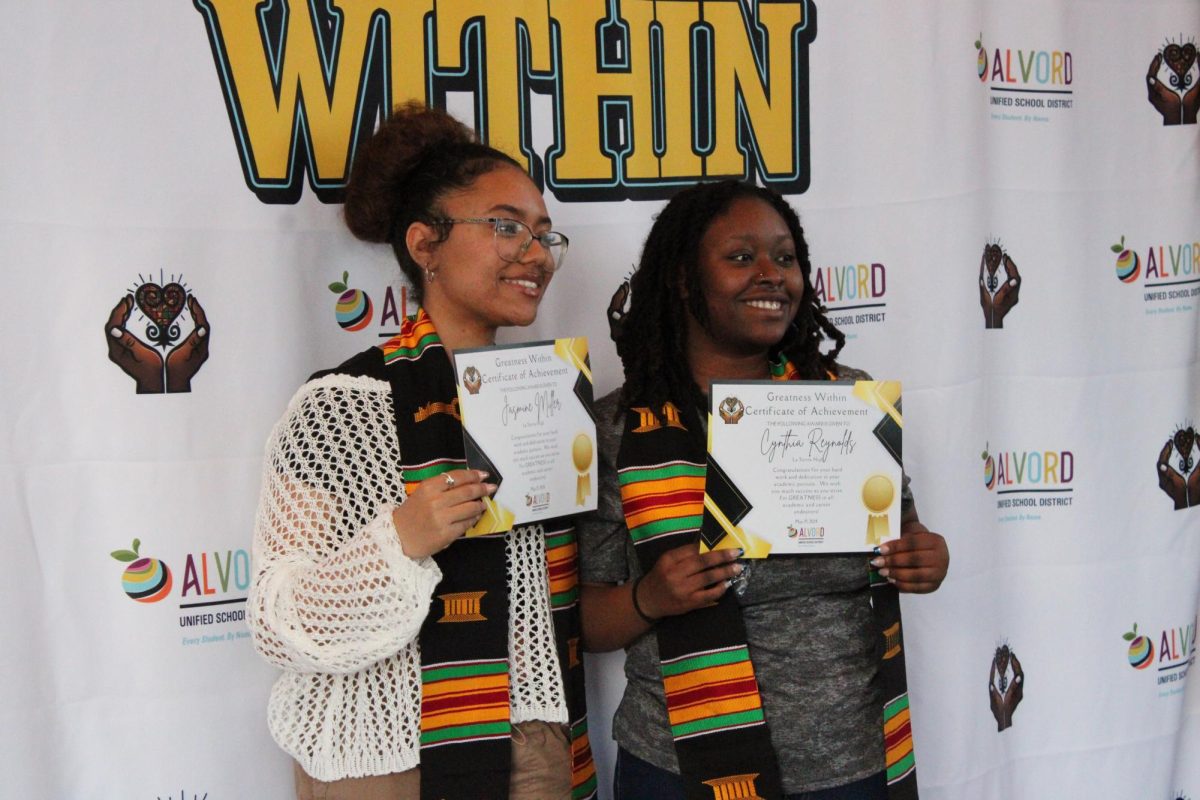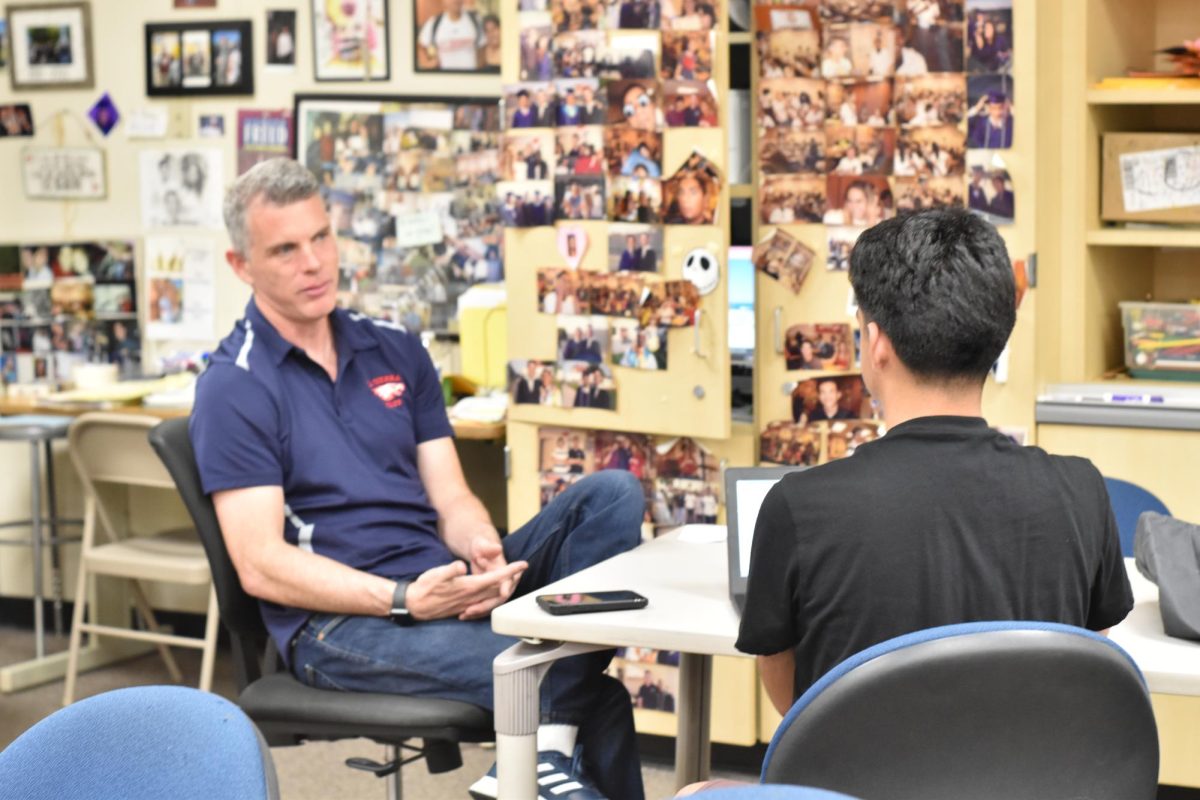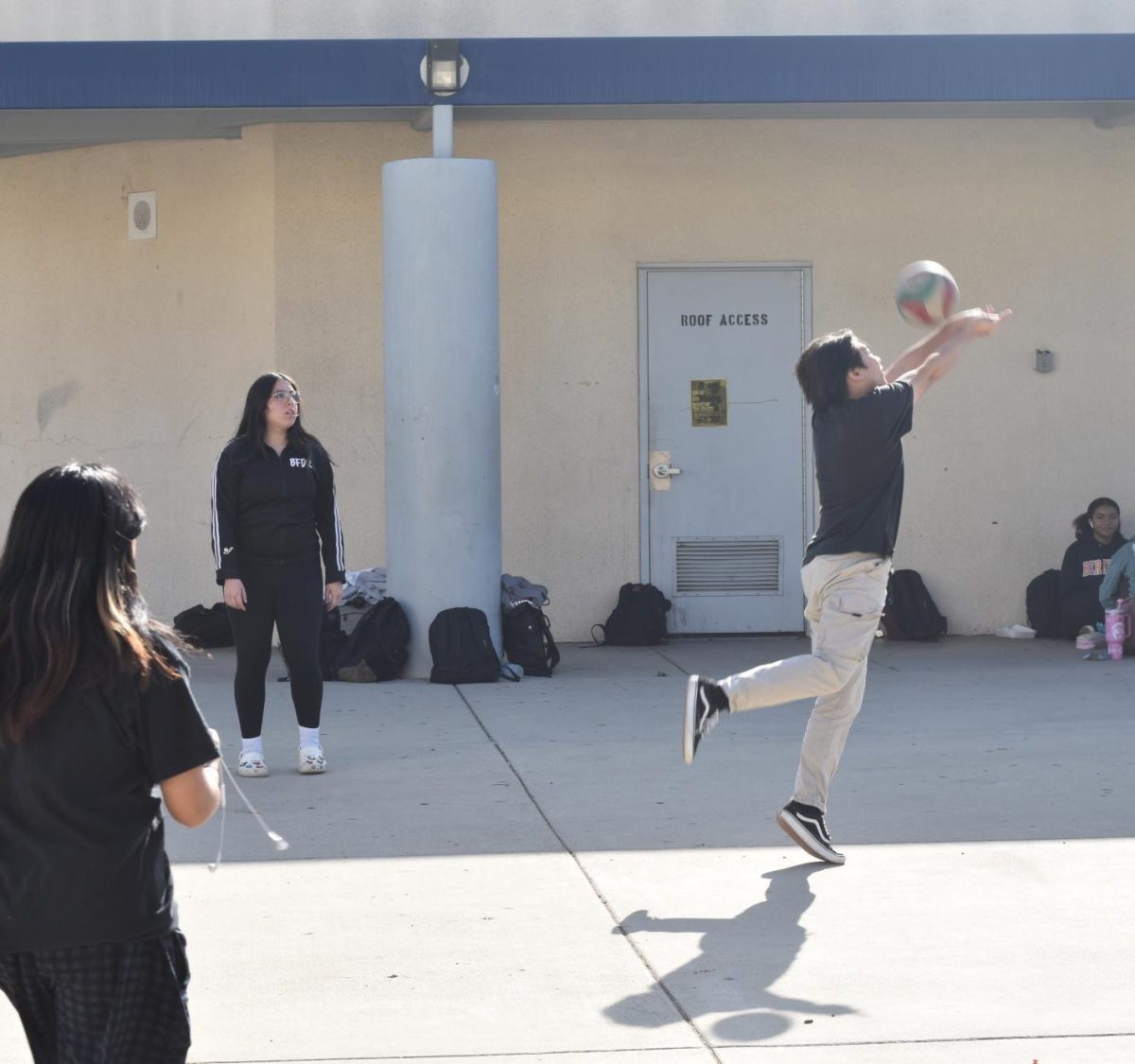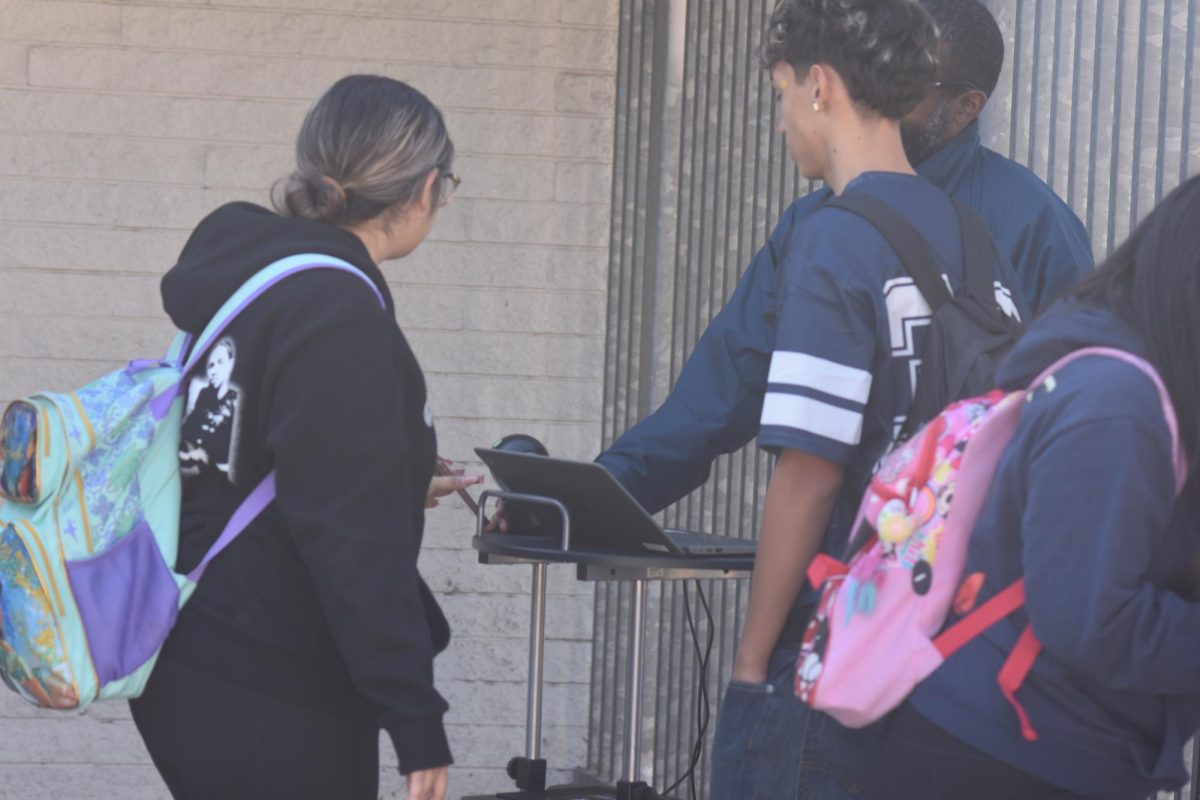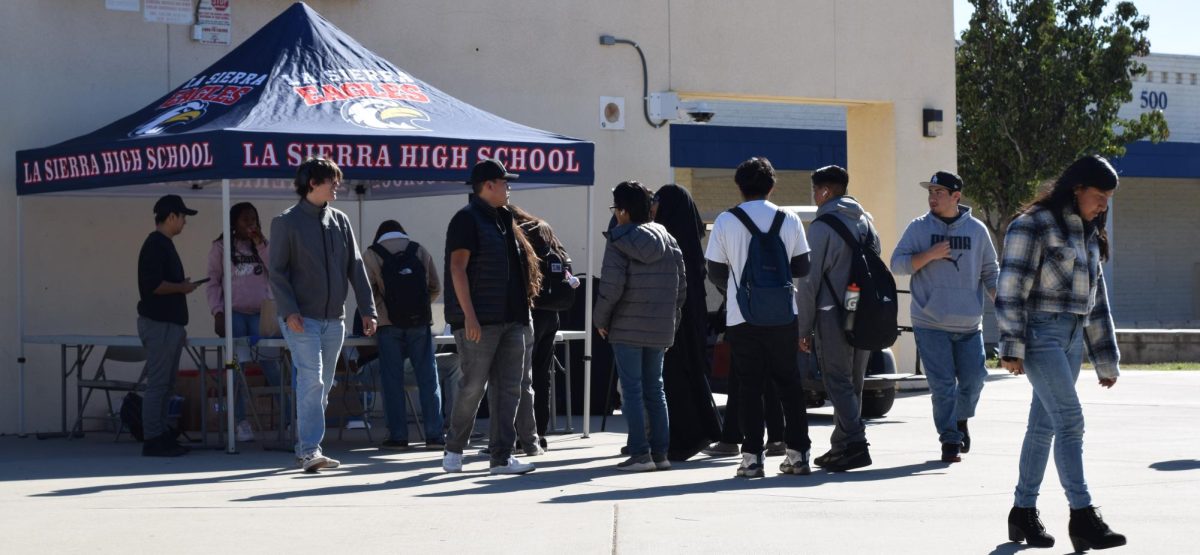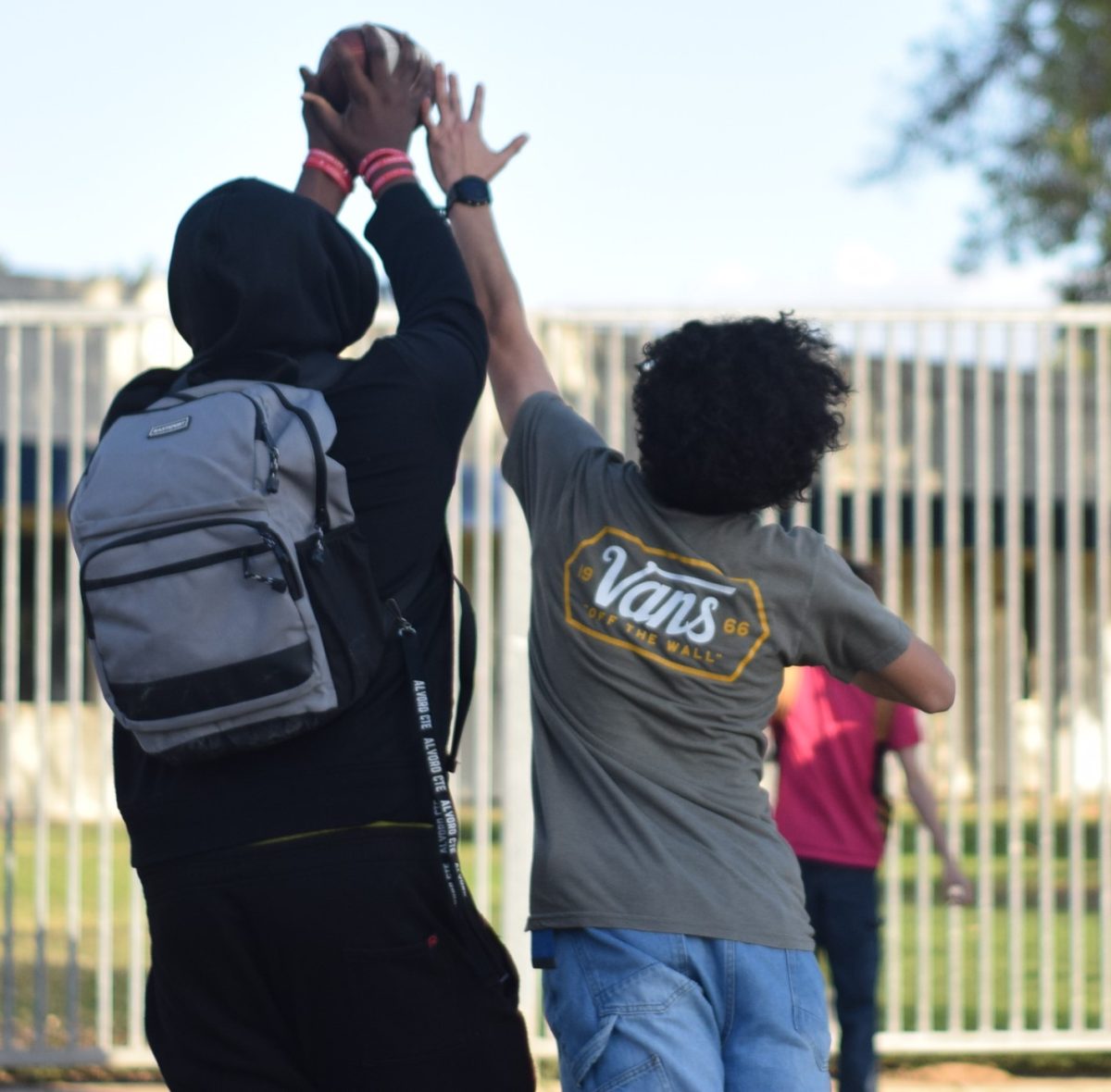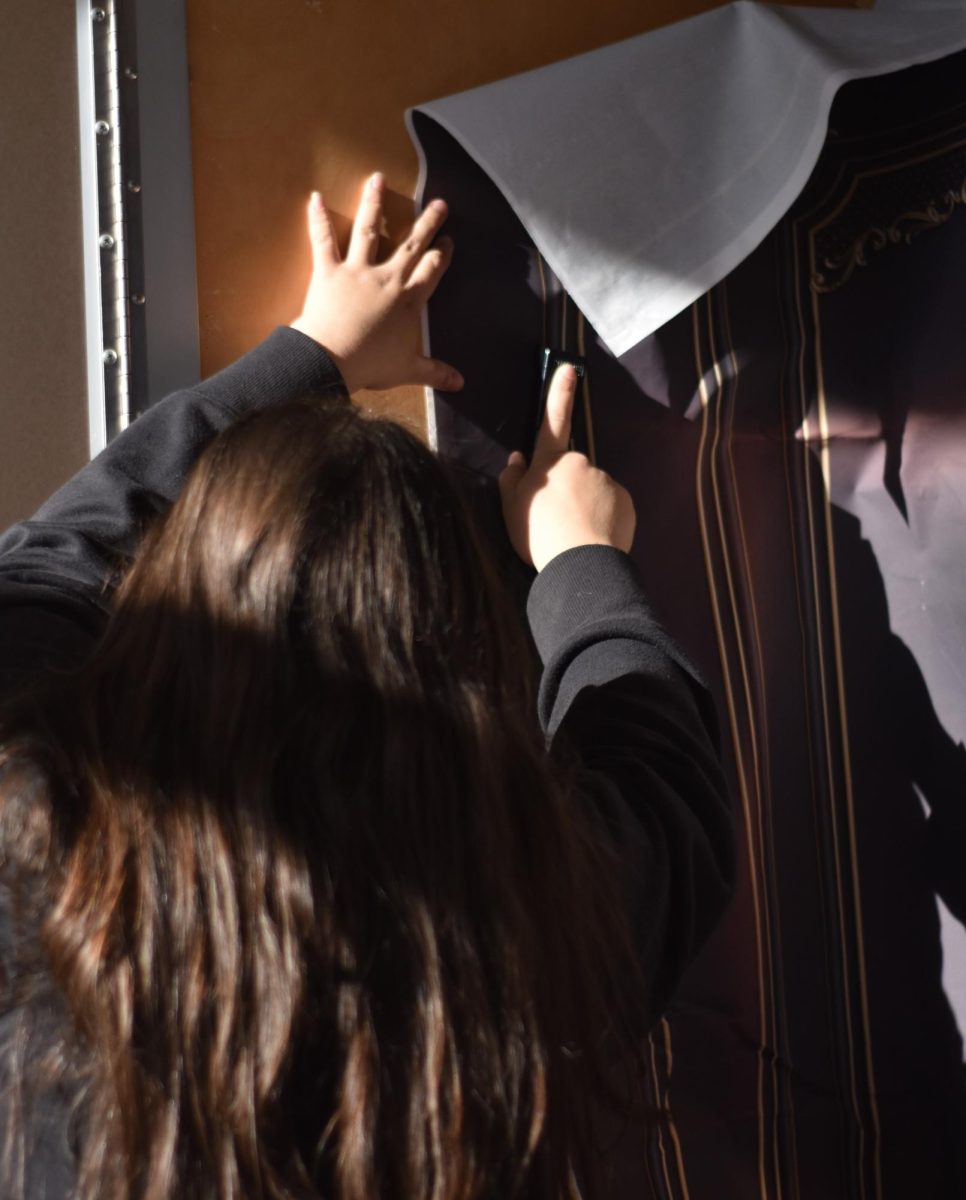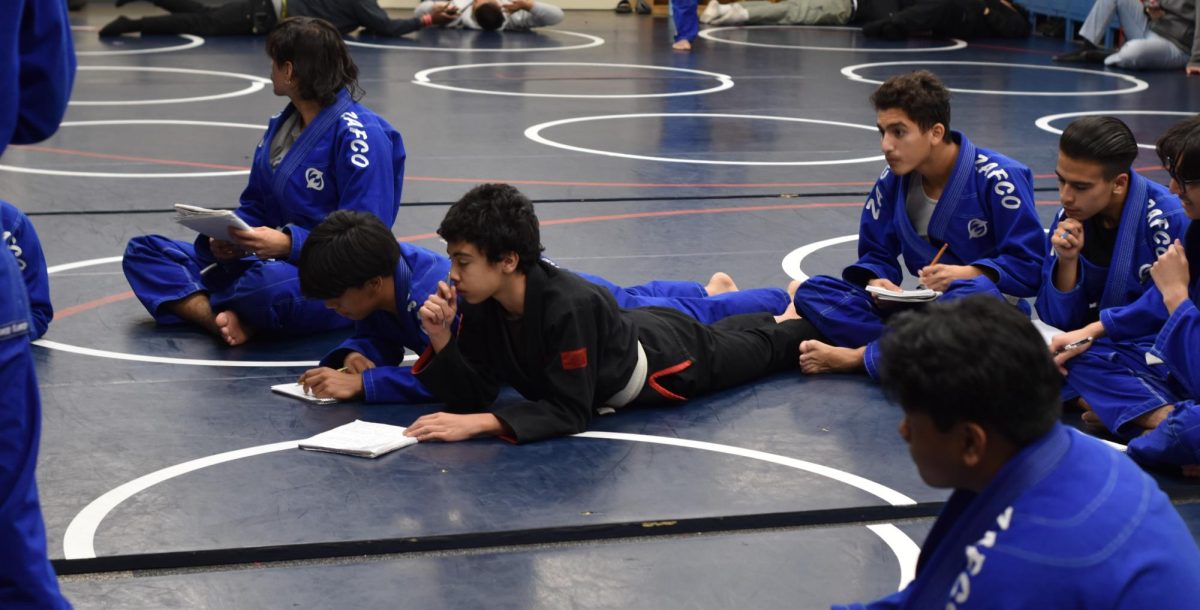As high school students prepare for their next phase every four years, they are faced with the important decision of choosing the right college or career path. Many students seek the guidance of counselors to assist those who are uncertain about their future in the workforce or further studies. It is a crucial decision-making process for students, and they greatly value the insights and perspectives of adults who can provide guidance based on their experiences and potential outcomes.
I recently had the honor of interviewing two esteemed counselors, Mr. Fuentes and Mr. Tran, at La Sierra High School. Both of these dedicated professionals play a pivotal role in helping students navigate and determine their starting point as they embark on their academic and professional journeys.
When it comes to college and career, it’s important to start by exploring your interests and strengths. Consider speaking with a counselor or taking career assessment tests to help identify potential career paths that align with your skills and passions. Research different college programs and consider visiting campuses to get a feel for the environment. Additionally, internships and part-time jobs related to your field of interest can provide valuable experience and help you make informed decisions about your future. Above all, stay open-minded and proactive in seeking opportunities that will help you reach your goals.
Q. What advice do you have for students who are struggling to choose a career path or major?
T. For students who are struggling to decide a career path or major, usually ask students to explore their options. Luckily we have many options here in La Sierra, just like we have the available classes, for example, Health academy, culinary, or even subject after end. As you reach the end of high school and prepare to achieve your goals and dreams, it’s important to stay focused and determined. Take the time to explore your options and make informed decisions about your future. Remember to seek advice from trusted mentors, educators, and counselors who can support you in reaching your full potential. Good luck!
F. When you prepare for college, it’s important to remember that it’s okay to feel a bit overwhelmed. Take the time to research different colleges and programs to find the best fit for your interests and goals. Don’t hesitate to reach out to admissions counselors or current students for insight into campus life and academic opportunities. Remember that seeking advice from those with experience can help you make informed decisions. Good luck with your college preparations.
Q. How do you help students identify their strengths, interests, and values to guide their career decisions?
T. To help students identify their strengths, interests, and values to guide their career decisions, it’s important to start with self-reflection. Encouraging students to engage in activities that they enjoy and excel in can help them recognize their strengths. Additionally, discussing their passions and what they find meaningful can shed light on their interests and values. Career assessments and personality tests can also provide valuable insights. Furthermore, providing opportunities for students to explore different careers through internships, job shadowing, or informational interviews can help them gain a better understanding of various industries and professions.
F. In supporting students to identify their strengths, interests, and values for guiding their career decisions, I often utilize interactive exercises to help them recognize their unique abilities and what motivates them. These exercises could involve creating a list of accomplishments and identifying patterns, discussing their favorite subjects and extracurricular activities, and exploring what they envision for their future. I also encourage them to seek out mentors or professionals in fields of interest to gain insights and advice. By combining self-reflection, exploration, and mentorship, students can gain a clearer understanding of their strengths, interests, and values to inform their career decisions.
Q. Can you tell me about a time when you helped a student overcome a challenge or obstacle in their career path? what strategies did you use and what was the outcome?
T. I once worked with a student who was feeling uncertain about their career path due to a lack of confidence in their abilities. To help them overcome this challenge, I utilized a strengths-based approach. I encouraged the student to reflect on their past achievements and the positive feedback they had received. We also discussed their interests and values to align their career goals with their aspirations. introduced the students to networking opportunities and arranged informational interviews with professionals in their fields of interest. This allowed them to gain insights and advice, which boosted their confidence and provided clarity about their career path. As a result of these strategies, the student was able to regain confidence in their abilities and gained a clearer understanding of their career direction. They ultimately pursued relevant internships and developed a stronger sense of purpose in their academic and career journey.
F. I once worked with a student who was facing challenges in identifying a suitable career path. To assist the student, I used a combination of career assessments and one-on-one discussions to understand their strengths, interests, and values. I also encouraged the students to participate in skill-building workshops and networking events to gain exposure to different career options. He wanted to be a pilot and as his backup, he would be a boxer. Exploring various avenues, the student became interested in a particular industry but lacked the necessary experience. I helped them secure an internship through connections in my professional network. Therefore these strategies, the student not only found clarity in their career path but also gained valuable experience through the internship. They developed a stronger sense of direction and were better equipped to make informed decisions about their future career endeavors. He got to do a pilot with his degree and he even was able to do business.
Q. Can you discuss your experience working with students from diverse backgrounds, including first-generation college?
T. In my experience working with students from diverse backgrounds, including first-generation college students, I have found it essential to provide personalized support tailored to their unique needs. Many first-generation college students may face challenges related to navigating the college admissions process, understanding financial aid options, and adapting to the academic environment. I have implemented strategies such as organizing workshops specifically addressing the concerns of first-generation college students, offering guidance on scholarship opportunities, and facilitating mentorship programs to connect them with faculty or staff who can provide valuable advice and support.
F. I have emphasized the importance of building a sense of community and belonging for these students by creating peer support groups and fostering an inclusive campus environment. By acknowledging and addressing the specific challenges faced by first-generation college students, I have seen them thrive academically and personally, contributing positively to the campus community. Since we have been through that cycle in life it has impacted us so much just to have it passed down from generation to generation.
Q. How can you help students prepare for job interviews and develop their networking skills?
F. I support students in preparing for job interviews by offering personalized coaching sessions that focus on interview techniques, body language, and effective communication. I also provide resources such as interview question guides and tips for researching companies before the interview. In terms of networking skills, I help students by organizing networking events, inviting guest speakers from various industries, and facilitating workshops on effective networking strategies. I encourage students to practice their networking skills in a supportive environment and offer guidance on how to initiate and maintain professional connections. Additionally, I provide insights into leveraging social media for professional networking and creating a compelling online presence.

